
by Dr. Ali Azam
If you’re a leader at a university in Pakistan, improving student graduation rates is a challenge you face every semester. We have some of the brightest young minds, full of ambition and potential, yet too many students begin a degree but never cross the finish line. However, far too many of our students begin a degree… but never cross the finish line. They don’t drop out because they lack talent. Instead, they drop out because of a hundred small problems. A missed fee deadline. Confusion over a course requirement. The inability to afford a single textbook. Or simply, the feeling that they don’t belong.
For decades, we’ve accepted this as the inevitable cost of doing business in education. But, what if it isn’t?
A university thousands of miles away, Georgia State in America, faced the same challenge. They were losing students, especially from low-income and middle-class families. Yet, they refused to accept it. Moreover, by using a powerful combination of data and dedicated support, they didn’t just improve their graduation rates… they doubled them. They became number one in the USA for lifting students to success.
So, how can we, in the unique context of Pakistan, learn from this and rewrite the story of our graduates?
The answer isn’t a magic wand. Rather, it’s a method. A mission.
First, we must move from intuition to data.
We often rely on broad assumptions about why students struggle. Instead, we need to use our own student data—our desi jugaar meets big data. We can analyze patterns: Which students are most at risk of dropping out after the first semester? Which courses are the biggest stumbling blocks? Is it Calculus-I? English Composition? By identifying these “pinch points,” we can stop problems before they even start.
Second, we replace bureaucracy with a human touch.
Imagine a student named Ali. He’s from a small town, on a scholarship, and is the first in his family to go to university. Then, he gets a notification on his phone: “Alert: Your fee installment is overdue. Your admission may be cancelled. Click here to speak to a financial aid advisor NOW.”
This isn’t a cold, automated message. Instead, it’s a lifeline. Georgia State used a 24/7 chatbot and advising system to answer thousands of such questions. Similarly, in Pakistan, with our high mobile phone penetration, we can leverage WhatsApp, SMS, and dedicated helplines to provide immediate, personal guidance. Furthermore, we need proactive advisors who call students and say, “Beta, we noticed you haven’t registered for next semester. Is everything okay? How can we help?”
Third, we must demystify the path to a degree.
We need to create clear, personalized roadmaps for every student. For example, a tech-based system could tell them, “To graduate in four years, you should take these courses this semester. Here are the available timings.” This removes the anxiety of choosing the wrong path and keeps them on track.
And finally, we tackle the biggest barrier: finances.
How many of our Alis and Aishas have had to leave because of a sudden financial shock in the family? Georgia State used its data to identify these students and provide micro-grants—small, immediate amounts of money from scholarships (internal or external donor agencies) to cover a critical shortfall. In other words, a shortfall doesn’t have to derail a student’s entire semester. Instead, a small grant can keep their dream, and our investment in them, alive. Our alumni networks, our philanthropists, and our industry partners can be mobilized to create such emergency funds.
The philosophy is simple: First, see the student. Then, see the problem. Finally, solve it. This philosophy ensures that all interventions, from guidance to micro-grants, contribute directly to improving student graduation rates across Pakistan.
This is not about lowering standards. Rather, it is about raising support. It is about saying that our mission isn’t just to admit students; it is to graduate them. To send out confident, skilled graduates who will build our industries, our economy, and our nation.
The talent is here. The will is here. Therefore, now, let’s build the system.
Let’s graduate our Pakistan.


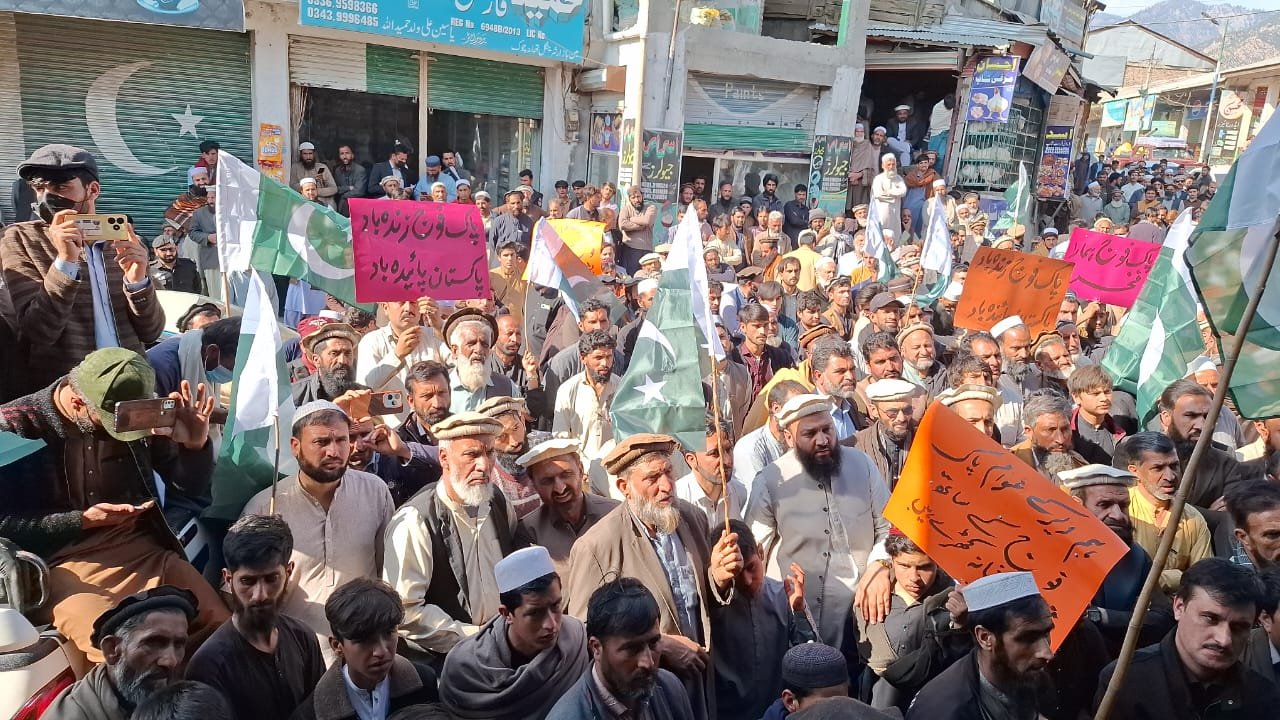
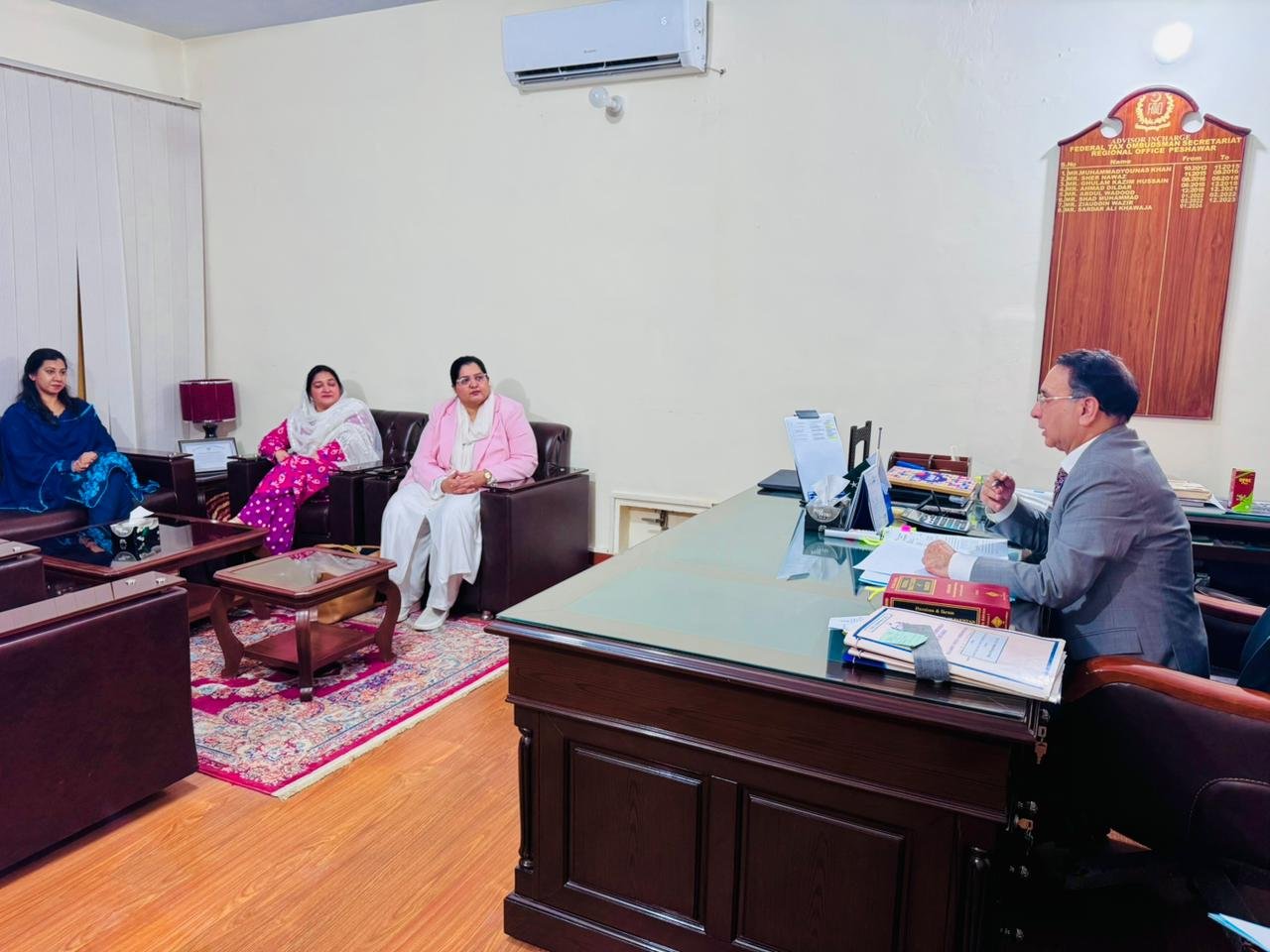
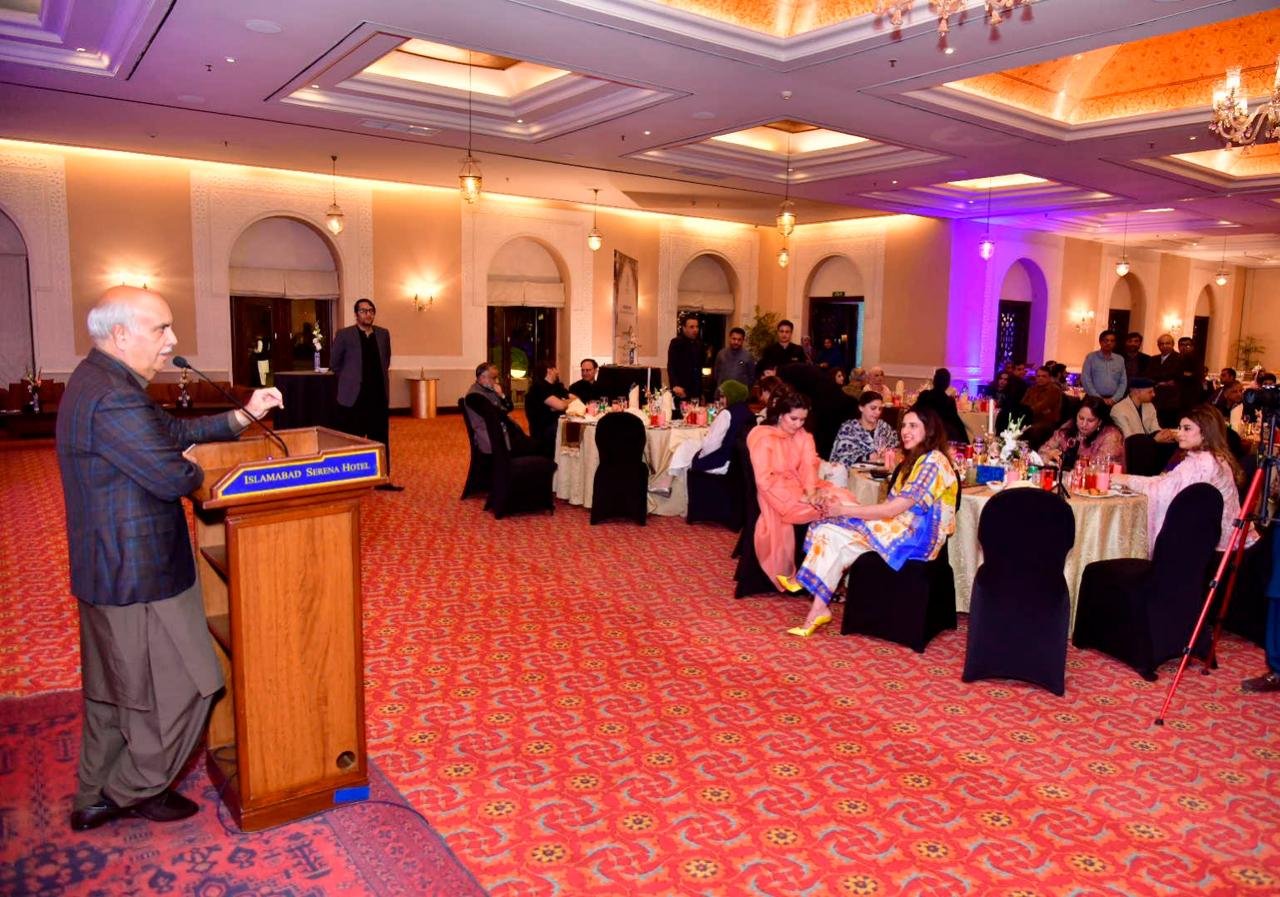
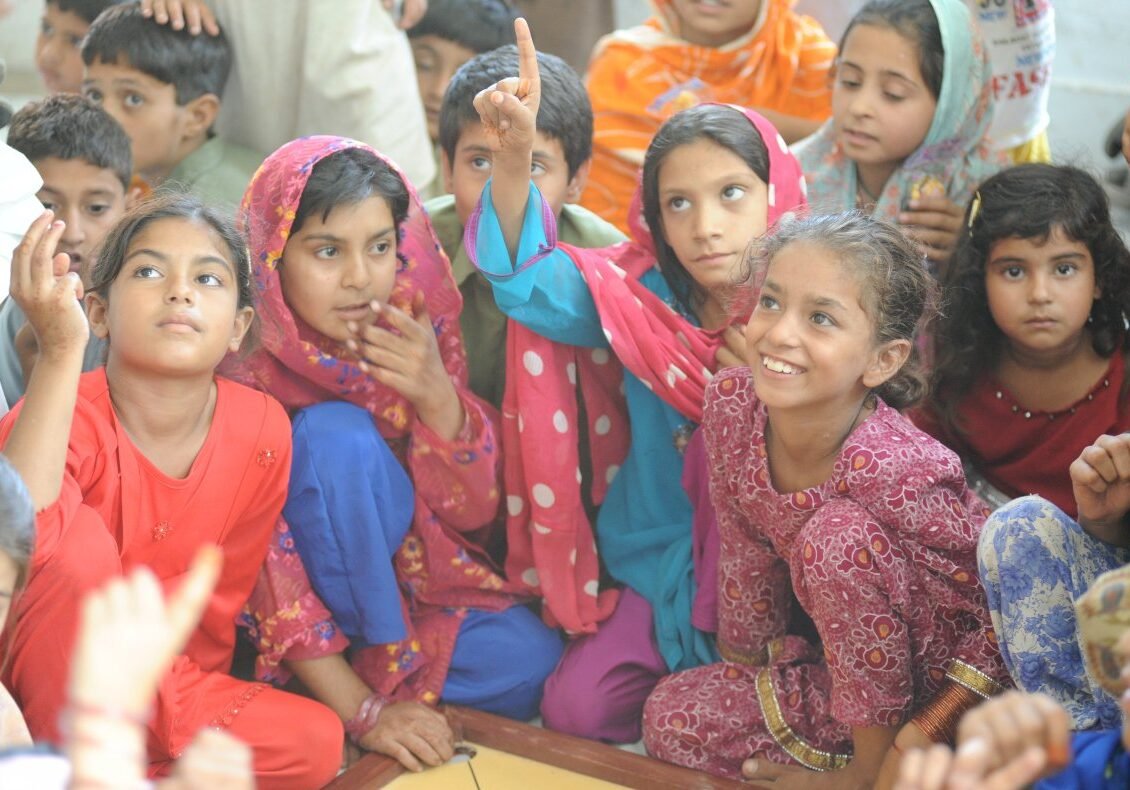

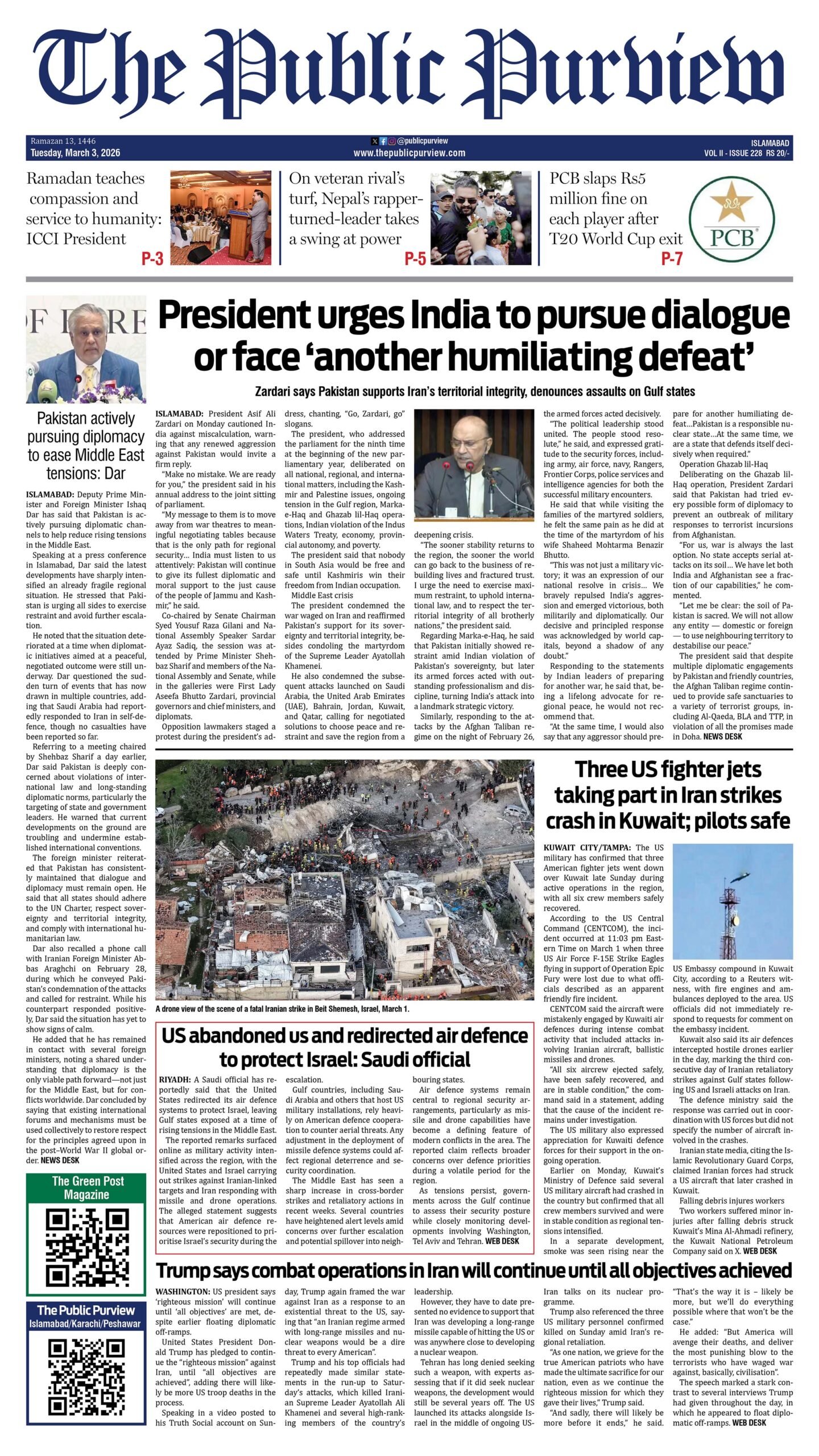 Today's E-Paper
Today's E-Paper